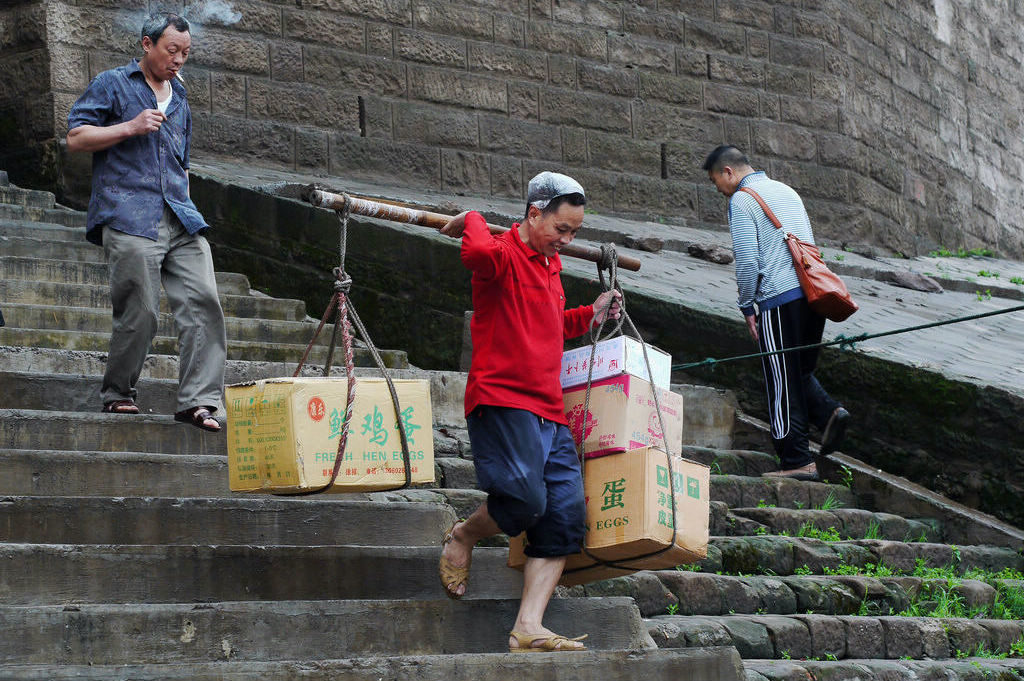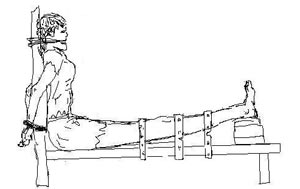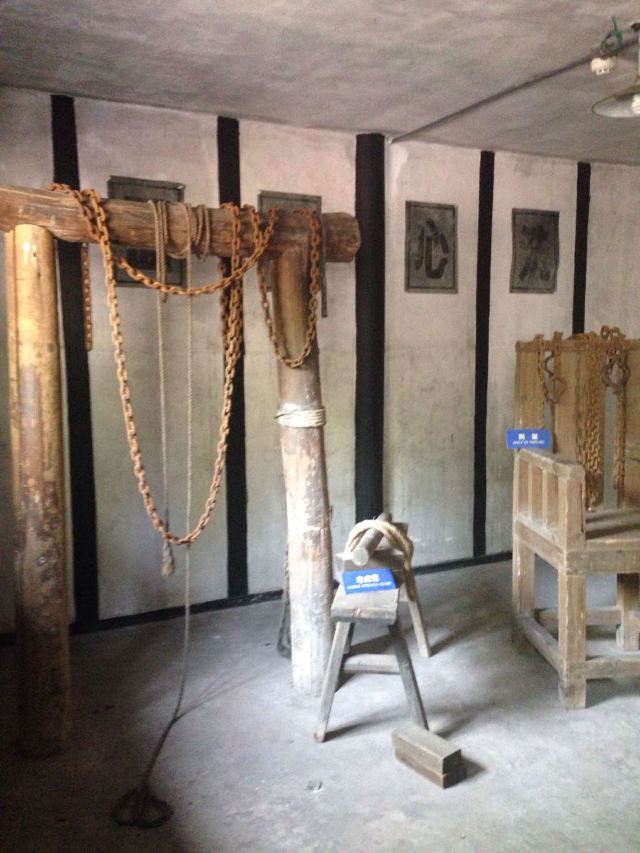2020 April - "Chongqing Boy" Xiao Zhan: I will sing "Ode to the Red Plum Blossoms" in my heart to you. The colder it is, the more it blossoms, symbolizing our national spirit.
Hello everyone! I'm Xiao Zhan. Today, I will sing to you this song "Ode to the Red Plum Blossoms", which symbolizes Chongqing.
When it comes to Chongqing, most people's first reaction is the Chongqing hot pot. In summer, many people sit on the street, eating spicy hot pot, playing huaquan with friends and drinking iced beer. That is the life in Chongqing full of fireworks in my memory. Someone asked me before how the spiciness in Chongqing is different, I would say, it's the spicy hemp. The hot pot in this mountain city has never been in blind pursuit of spiciness. It must be the type of spicy with a full aroma of pepper, this can be regarded as the standard Chongqing flavor.
I think I'm a very standard Chongqing person: I dare to think and dare to act, decisive and straightforward. The Chongqing flavor at the bottom of the hot pot soup seems to be the same, all flowing in my blood. I grew up in Chongqing and lived there for more than 20 years. The biggest feeling is that the personality of Chongqing people is actually quite "stubborn". I don't know if we are "climbing" every day. Every day we climb up the mountain and go against the wind, the kind of "stubbornness" seems to slowly soak everyone in Chongqing.
After coming to Beijing for development, I have much less time to go home. When I went back recently, I went into an alley and came to a bowl of steaming Chongqing noodles. The childhood memories of street scenes isnt as clear as it used to be, but nine times out of ten I still remember the familiar taste. Perhaps most memories I had of this mountain city when I was a child were the endless steps on the hillside, the Bangbangjun shouting on the ramp, and the Chaotianmen railroad track that had now disappeared.
I can still remember that when I was a child, I had to climb a very long staircase on my way home. I found it very difficult to climb the stairs every day, so I didn't want to climb that staircase. Whenever I went down the stairs, I would fantasize about whether there would be a slide next to me, so that I could slide down "whew!", but then I climbed every day, up and down, and I didn't seem to think it was difficult.
In junior high school, there were still many Bangbangjun living in the mountain city, with one-meter-long bamboo sticks and two blue nylon ropes, shouting from street to street. On the other side of the Shibati, we can see that the elderly, children and the Bangbangjun carrying things, they are all working hard to climb up. I think it can intuitively see the spirit of our Chongqing people, even if life is not so smooth, even if life always face all kinds of difficulties, we should still firmly look forward, walk upward and never look back.
If you go to Chongqing, you must go to Jiefangbei (People's Liberation, WWII Monument and Clock). My parents used to take me there almost every week. At that time, I thought it was very tall. But these days, when I go back, there are many more high-rise buildings rising up around me. It gives me a sense of contrast and conflict brought by historical precipitation and development changes. It's like a person who has been away from home for too long, and when I see her again, my heart is full of expectation and mixed with a sense of strangeness and uncertainty. But fortunately, no matter how the streetscape of Chongqing changes, she is still the mountain city in my memory, and Jiefangbei will be the constant witness of Chongqing's changes on that pedestrian street. This square stone tablet seems to break up the history of the old city and melt it into the bones of every generation of Chongqing people.
Just like my grandmother, she is a standard native of Chongqing. She raised her four children by herself. I saw in her the resilience of the mountain city's children. I think she's especially great. When I was a child, she would sing to me in order to coax me to sleep: "Night At The Naval Port", "Send The Red Army", "Ode to the Red Plum Blossoms".....
I've been singing these songs since I was a child, and now when I hear them, I seem to go back to the nights many years ago when I fell asleep in my grandmother's arms.
Growing up in the city of Chongqing, the stories of the heroes depicted in songs and novels are not that far away from us. Because in any corner of the city, you can see the historical traces of that era. I can't remember when I first went to the Zhazi Cave, But I still vaguely remember that the dark room where the tiger bench was placed, there was depression in the air. It's hard for me to imagine what kind of spirit can support the will of the revolutionary martyrs that it can't be destroyed by the enemy despite being tortured. I think no matter how detailed written descriptions are, it's not as good as actually walking into this period of history, experiencing and feeling it yourself.
Now, I am very happy to have the honor to sing "Ode to the Red Plum Blossoms", which my grandmother sang to me. The melody of this song is graceful and beautiful. Through the lyrics, we can see that although the heroes were in prison at that time, they still maintained their indomitable and brilliant characters.
This time, I would like to sing "Ode to the Red Plum Blossoms" from my heart to you. What I hope to bring to my young friends through this song is that we shouldn't forget this period of history, but more importantly, we should move forward with our past. Just as we have just experienced the epidemic, we have worked hard and made great sacrifices. We have not been knocked down by difficulties nor have we been blindly immersing ourselves in grief. Instead, we have moved forward firmly with a positive spirit and have risen from the ashes.
This song "Ode to the Red Plum Blossoms" is sung for Chongqing, for China after the epidemic, for the Chinese youth, and for myself.
Huaquan 划拳 huá quán - Finger-guessing game—a drinking game. There are actually a lot of ways to play it. I'm not so sure about it myself. Basically, players will call out numbers and then count the total numbers their fingers add up to.
Mountain City 山城 shānchéng - Mountain city refers to a city built using the steep mountain terrain. Because the urban area of Chongqing is the most famous mountain city in China, "mountain city" or Shancheng is sometimes referred to Chongqing. There are many other "mountain cities" in China, such as Benxi City, Zhangjiakou City, Shiyan City, etc. They are all built on mountains.
Climbing 攀登 pāndēng - To forge ahead in the face of hardships and danger
Chaotianmen railroad Currently under construction due to the need to meet the comprehensive planning in the Chaotianmen area
Bangbangjun 棒棒军 is a name for a particular group of porters or movers. Since Chongqing is a mountain city, roads are steep and there are a lot of stairs, these Bangbangjun carry heavy loads all over the city for a living, using one-meter long bamboo sticks on their shoulders. Two blue nylon ropes are tied to the stick.
Jiefangbei- Xiao Zhan is talking about the People's Liberation Monument (World War II victory)
precipitation Metaphor - to condense and accumulate
Zhazi Cave (deets copied from here to avoid wrong information)
Located at the foot of Gele Mountain in Chongqing, was a famous site of the Communist Revolution. With mountains on three sides, the location was well-protected. It was once a small coal mine. It was known for a dearth of coal and an abundance of coal slag. In 1938 the Kuomintang rebuilt the mine as a secret prison, where Communist revolutionaries were imprisoned and tortured. One of the most famous martyrs of this prison is Jiang Zhuyun (also known as Sister Jiang). The prison inside Zhazi Cave is divided into an interior section and an exterior section. The interior section includes 16 cells for male inmates and 2 cells for female inmates. The exterior section was used as an office and also had torture rooms.
Tiger bench A torture method used in the secret prison in Zhazi Cave





